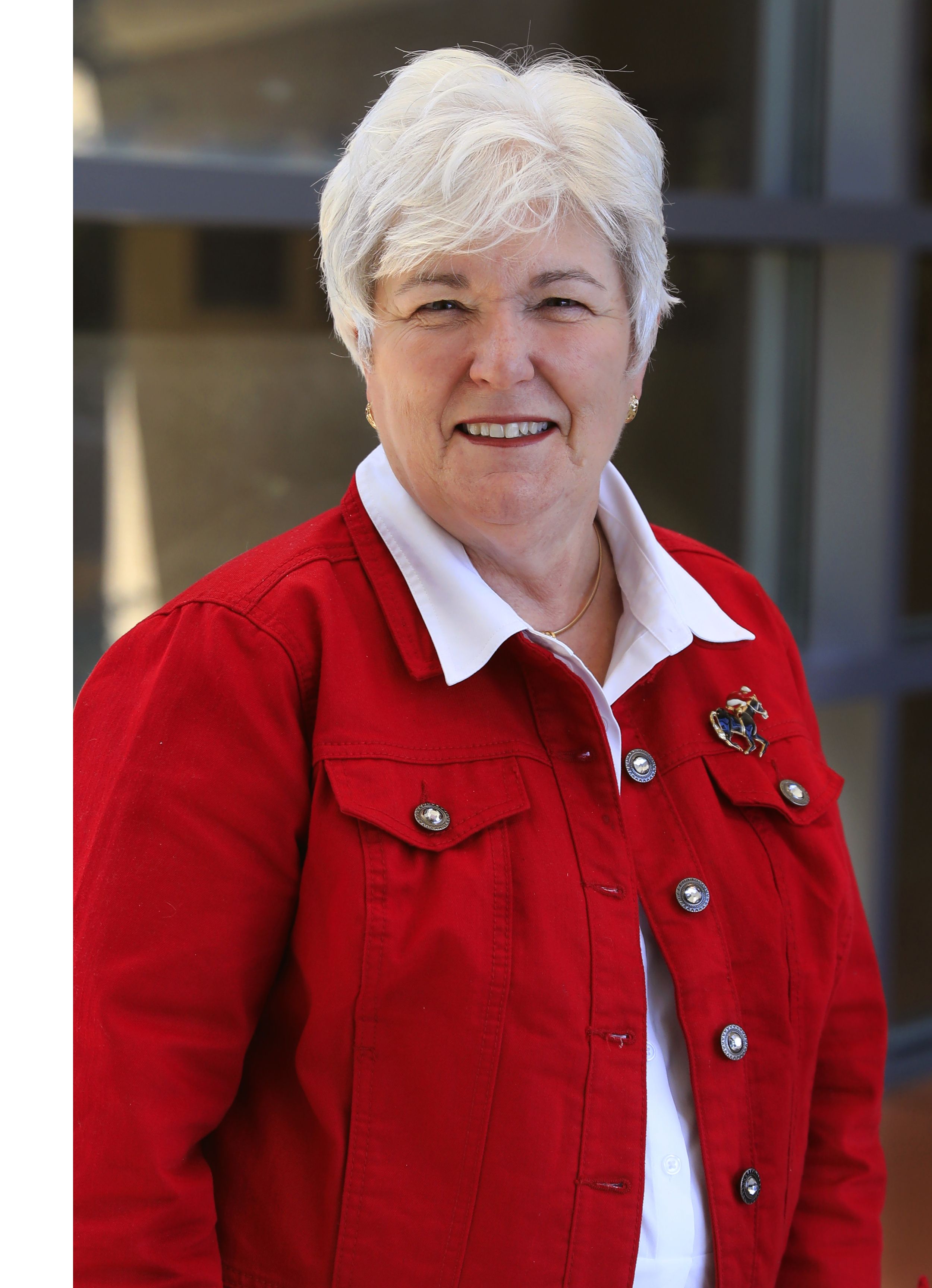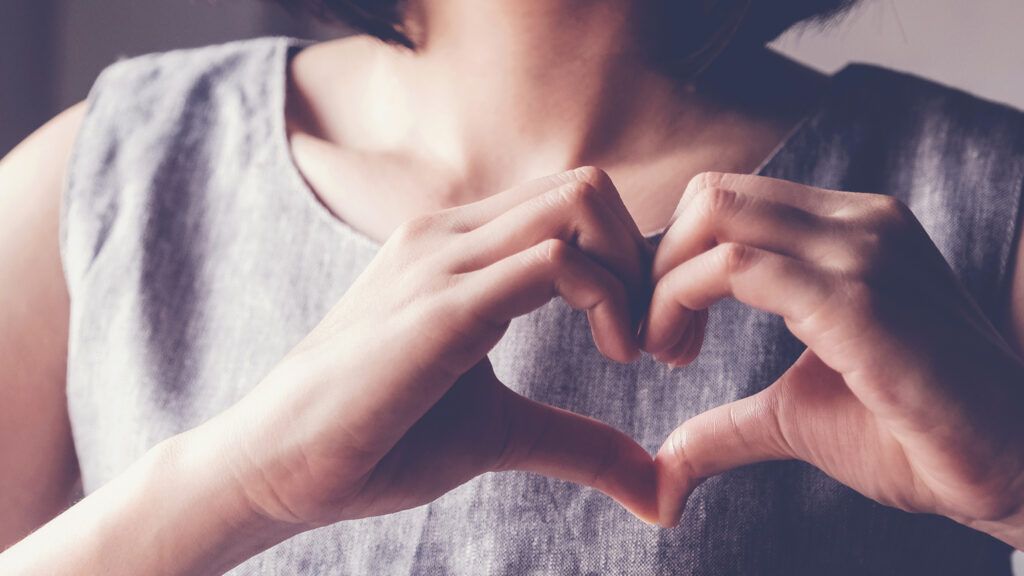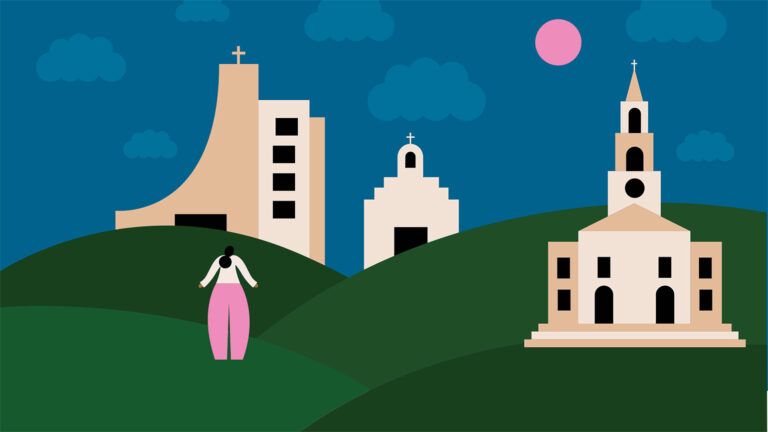Karen Diefendorf always knew she wanted to be a pastor. “I’m told from about the time I was four years old I would say: ‘I want to be a preacher when I grow up.’ Everybody would pat me on the head and laugh—my church didn’t generally ordain women,” she said. “They’d say, ‘Well, she’ll get over that.’ But I never did. I felt a strong sense of calling very early in my life.”
Still, Diefendorf couldn’t have anticipated where her long and varied career would take her. During a 24-year career as an army chaplain, she served all around the world, including a stint at the Pentagon, made history as the army’s first female chaplain paratrooper and racked up some impressive honors, before ultimately being named Director of Training and Development at the U.S. Army Chaplain Center.
Today, instead of settling into retirement, Diefendorf serves as Director of Chaplain Services for Tyson Foods. “God keeps presenting these opportunities to me,” she says. Diefendorf talks to us about her life, career and how she finds gratitude each and every day.
GP: After growing up in your small Indiana town you headed directly to seminary?
KD: Yes. I went to Lincoln Christian College and Seminary (now Lincoln Christian University) in Lincoln, Illinois. My father really wanted me to go to Indiana University to do prelaw, but I knew within the first three days of being on campus that this was exactly where I was supposed to be.
GP: What happened after seminary?
KD: I ended up at a local United Methodist Church. I started as a part-time youth minister and ended up staying more than ten years before moving to another small church as their pastor. It was a great opportunity to get to preach full-time.
GP: When you entered active-duty army life in 1986, you were married with two young daughters. Did your family move around with you?
KD: Yes. A lot of people didn’t know what to do with a male army spouse at that point. Walt [her husband] was a trailblazer. He had to take care of our kids and figure it out. I give him a lot of credit.
GP: Where were you stationed throughout your career—and did you have a favorite place?
KD: Let’s see, we were in Fort Benning in Georgia; four years in Hawaii—our son was born there, then New Jersey. I spent a year at Yale University getting a Masters in Ethics, there was four years in Korea and two years at the Pentagon. A couple others, too. A favorite? No. It’s about the people you serve with. There was something unique about every single place we lived.
GP: How did the paratrooper gig come about?
KD: I was assigned to be chaplain at airborne school at Fort Benning. My ministry would have been a lot less effective if I wasn’t jump qualified.
GP: Were you scared?
KD: I think if you aren’t afraid you are going to get yourself hurt. The adrenaline certainly goes up every time that door opens on the aircraft. But you learn to trust the training. You always knew Chapel on Sunday was going to be packed before the first jump on Monday afternoon.

Chaplain Services, Karen
Diefendorf
GP: After the army you worked as a hospice chaplain before heading to Tyson?
KD: Yes, my husband and I had decided to settle in South Carolina. There is a small Tyson plant there and I provided chaplain support six to 15 hours a week. Then, the director position in Arkansas opened up. But my husband had just built his 3-car man cave garage—and I thought, why would he ever leave. But he said, “let’s go.” That’s why I knew God had his hand in this. I felt very clearly that God was asking me to take on this responsibility.
GP: Now you oversee about 100 chaplains in 25 states. Tell us about the scope of the job.
KD: There are a few chaplains in the corporate headquarters, but the majority are at our 140 or so plants, seeing people one on one. Our team members rely on their chaplains to help them cope with life. I’ve taught our chaplains to ask two questions. One: tell me how your beliefs help you cope with what you are going through. That gives an insight into how people think. I also ask them: tell me how your beliefs are not helping you right now. One thing I’ve learned is that when crises happen there is often a crisis of faith.
GP: Has counseling during Covid been a challenge?
KD: Oh yes, but I’m so impressed with our chaplains. Those in the plants, have had to wrestle their own fears to the ground and say: “my people need me…” They’ve done an awesome job of helping our team members have confidence; I’m really grateful.
GP: How do you maintain gratitude during tough times?
KD: Gratitude is a pillar of my faith. But it always begins with the fact that I trust that whatever comes, God is a redeemer. If I believe that whatever comes to me—as cruddy as it may be—that God can make it work for my good, then there is a joyful component. There is a deep sense of confidence in me that this too shall pass.
God has a way of making things work for our good. My job is to open my eyes and watch him do it. When I walk into worship—whether that is on a Zoom platform or in person in a sanctuary somewhere—I have something to be worshipful about. I’ve gotten to see what God has done. To me, that’s a humbling experience.






